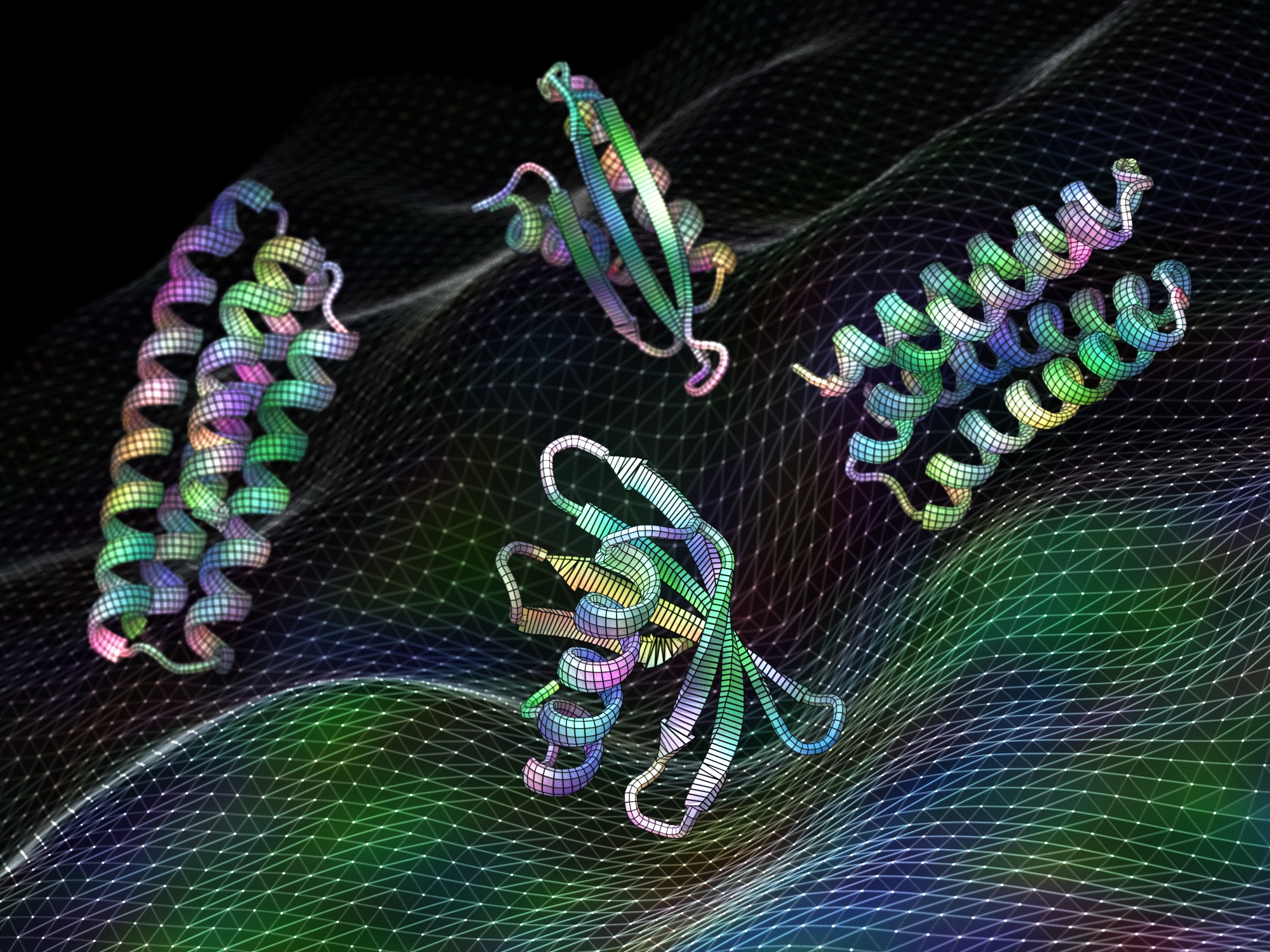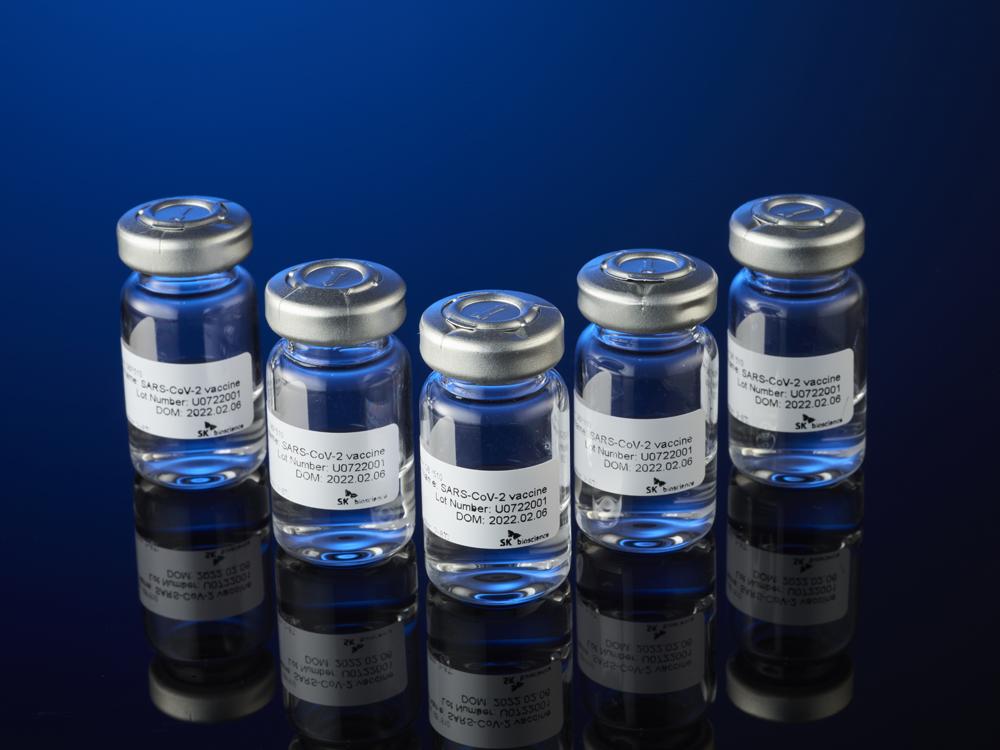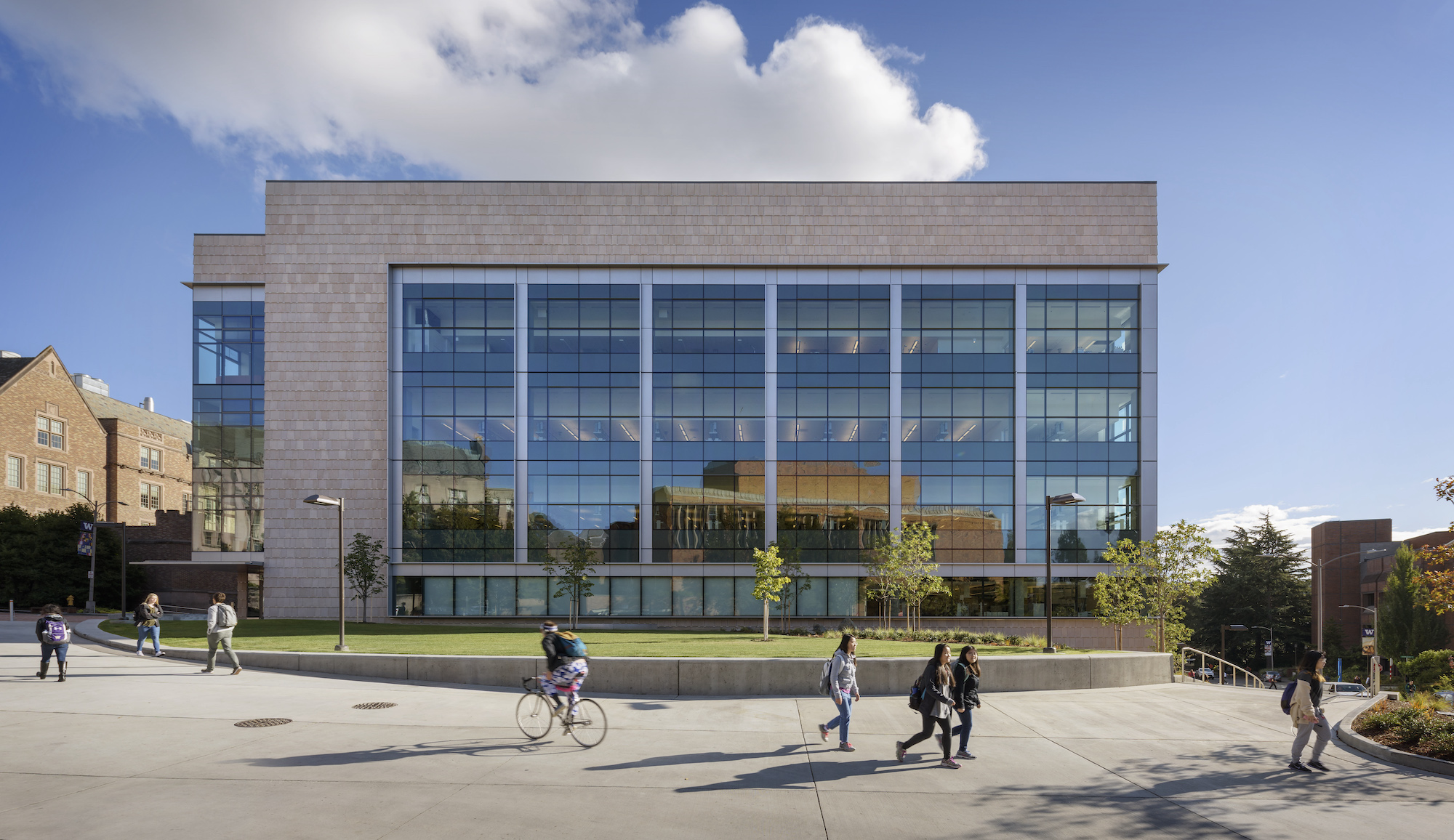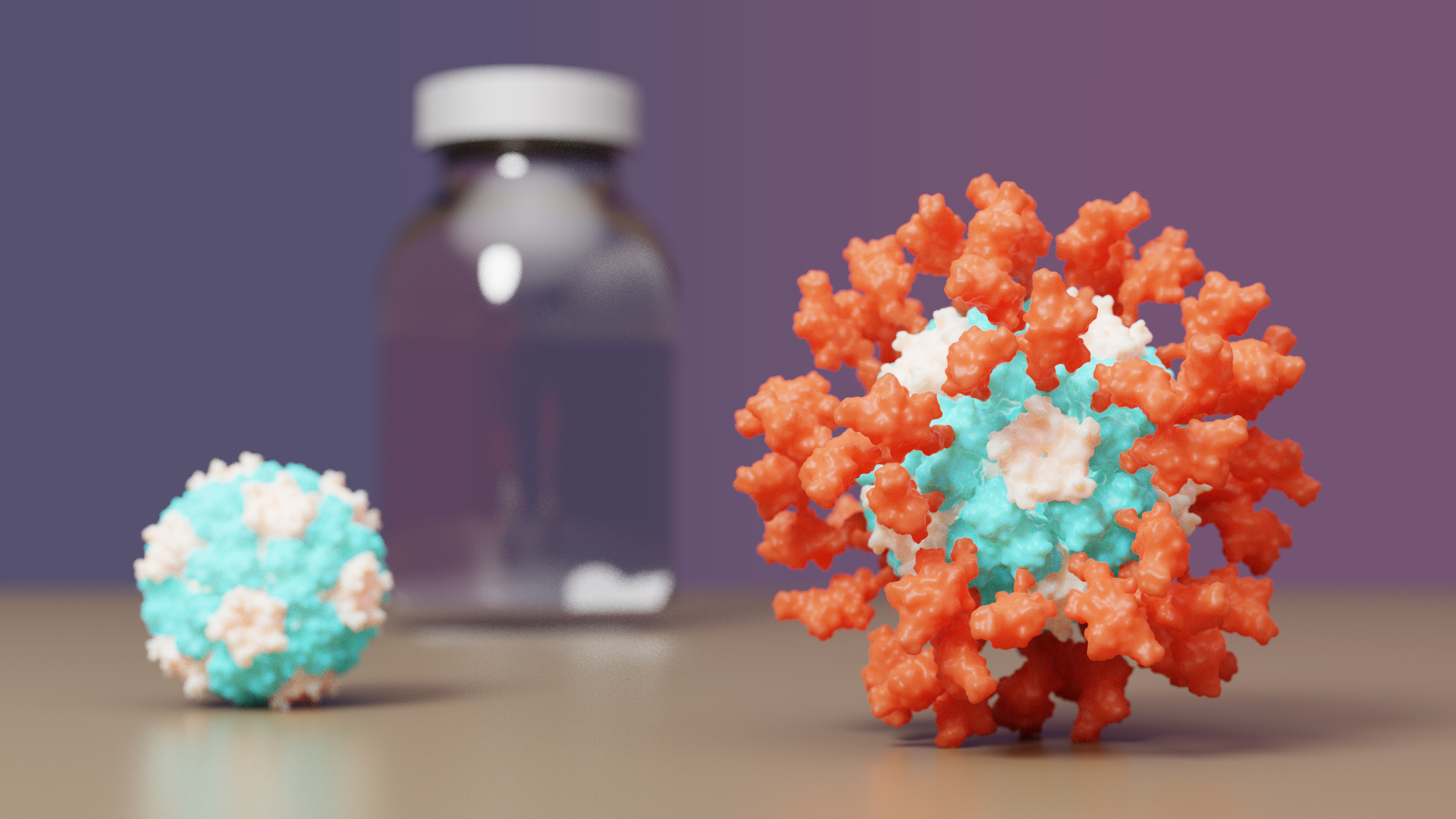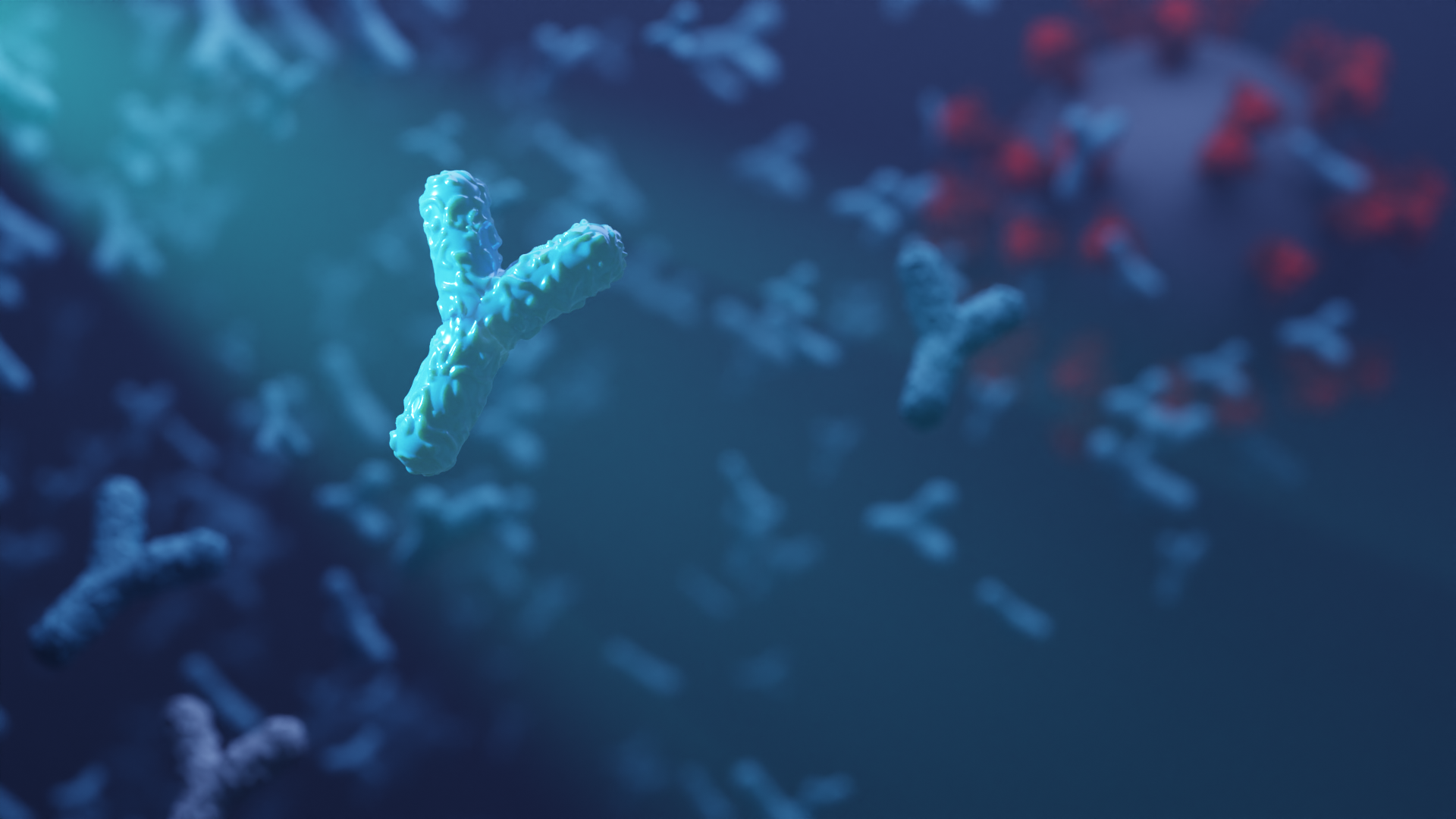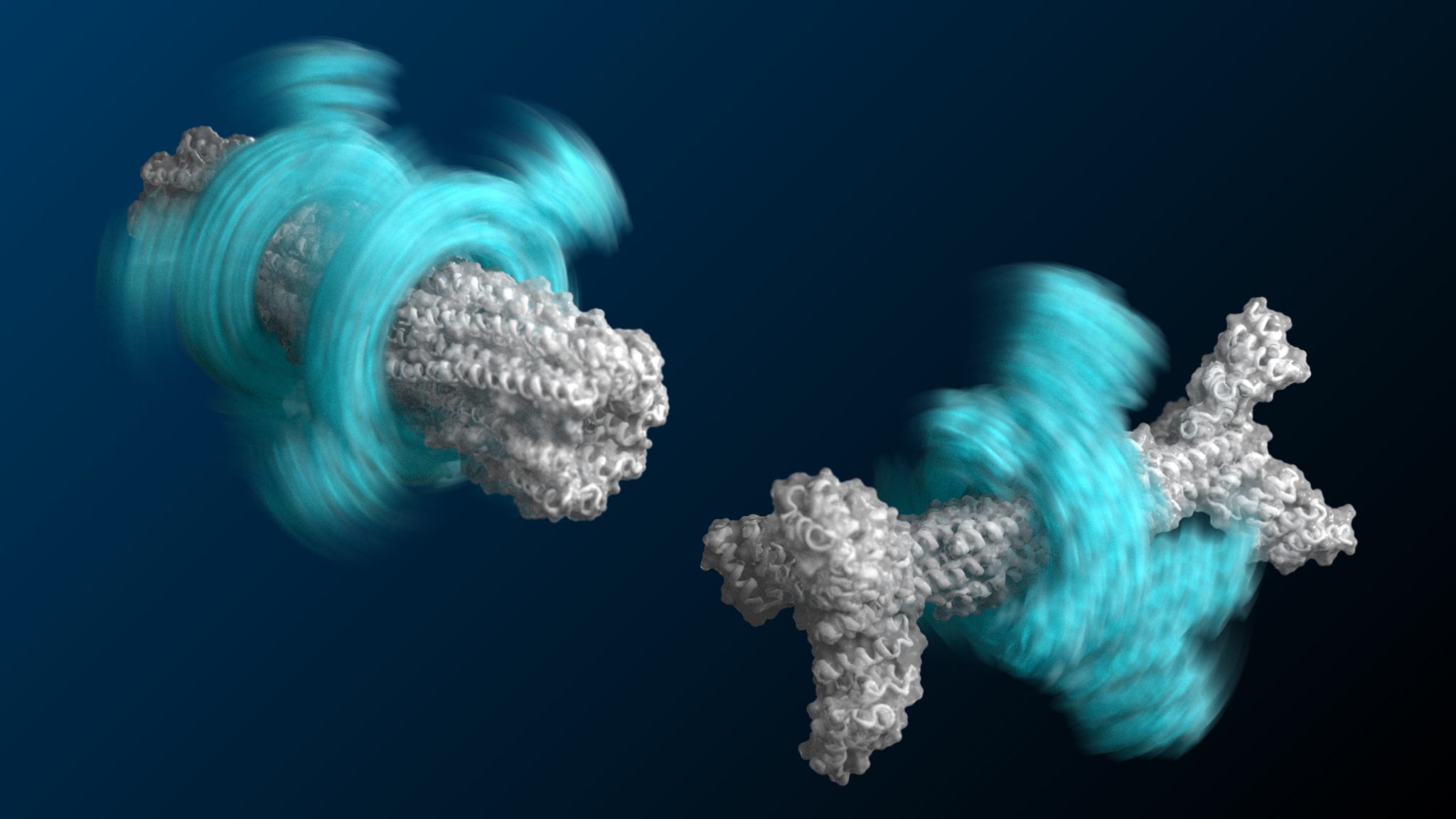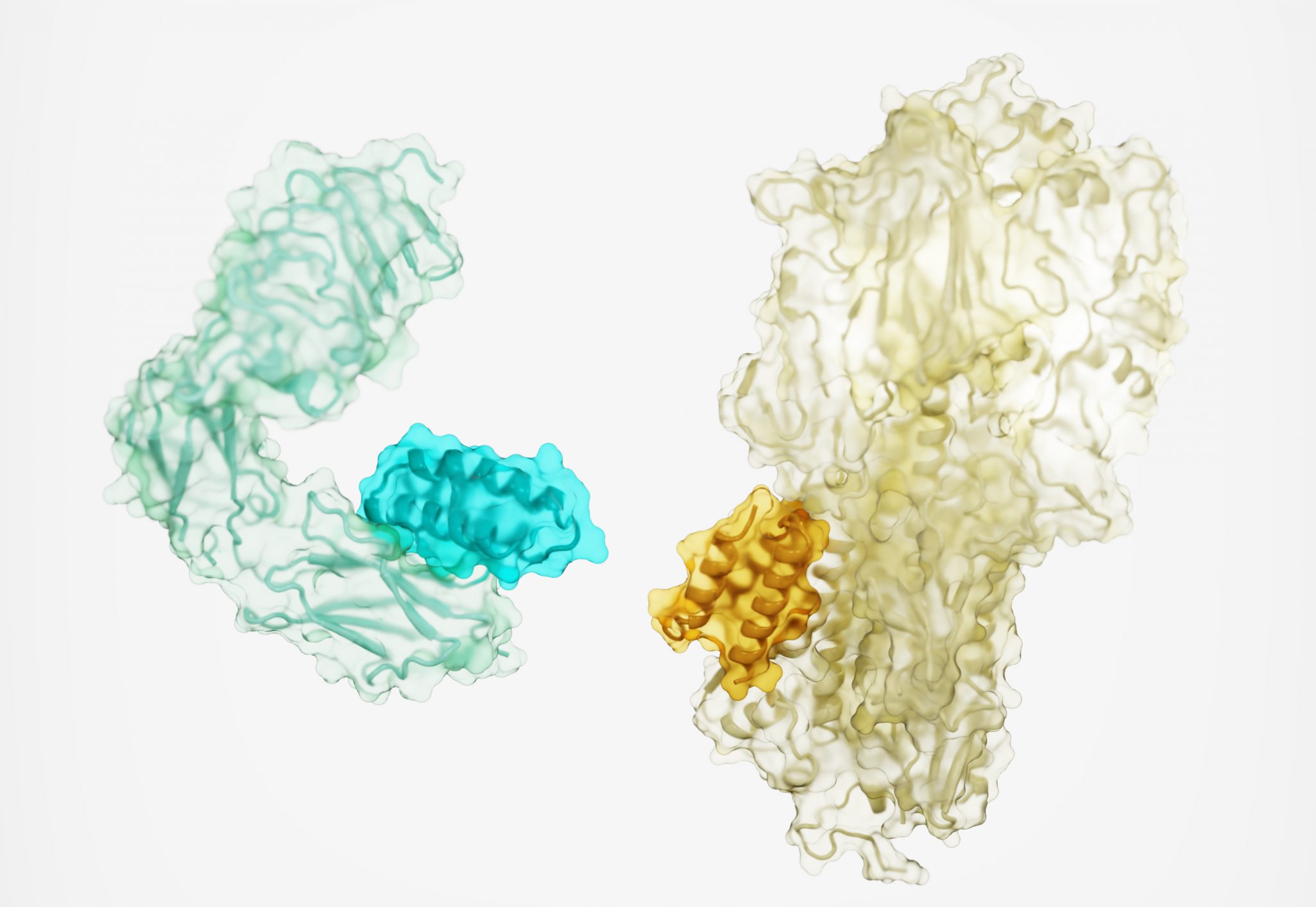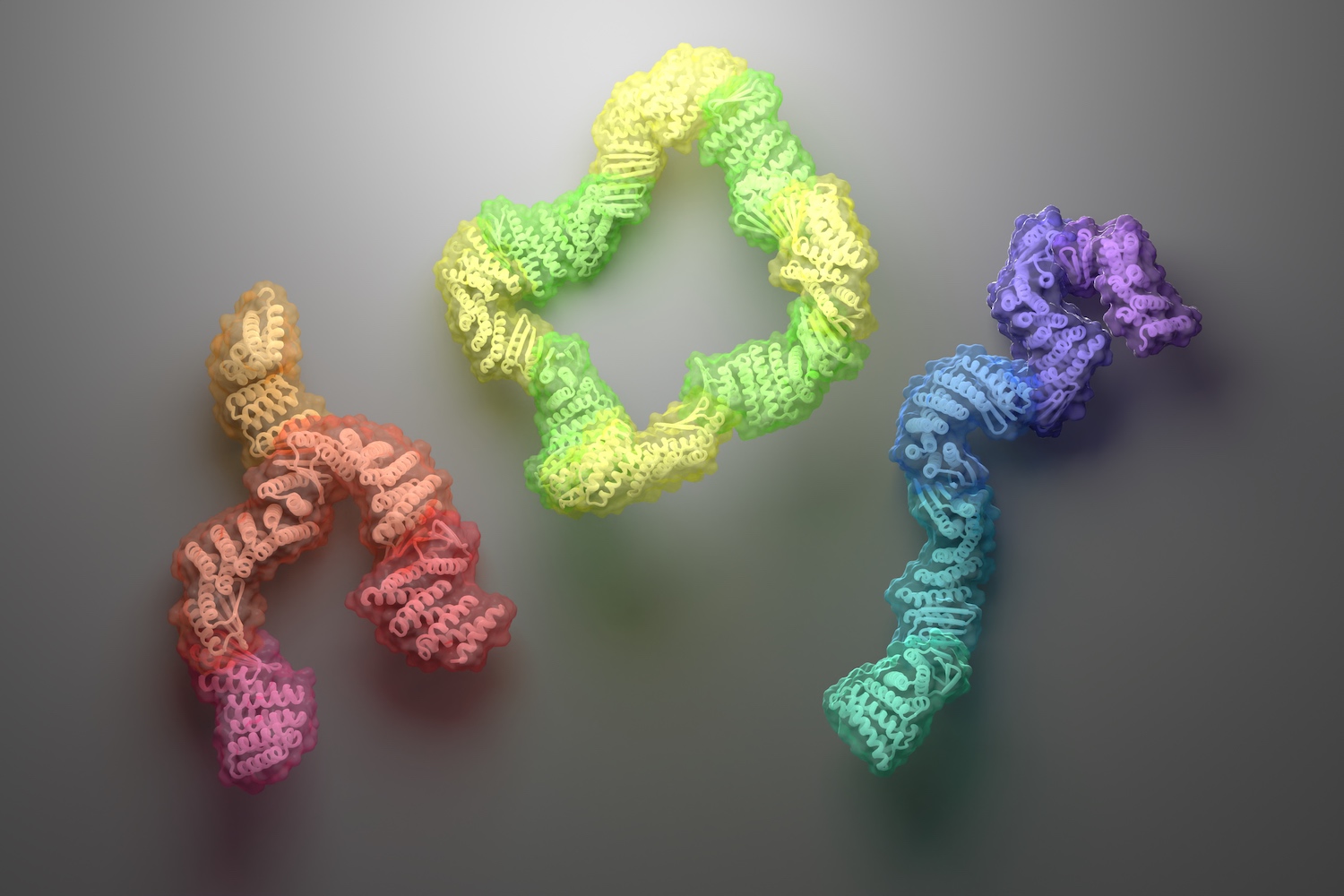Latest posts
-
Celebrating our 10-year anniversary
This week we celebrated the 10-year anniversary of the Institute for Protein Design. Current members, advisors, supporters, and old friends all came together on campus to share memories and forge new friendships. It was a night to remember. A lot has changed in the past decade. At our founding,…
-
Training A.I. to generate medicines and vaccines
Today we report in Science [PDF] the development of artificial intelligence software that can create proteins that may be useful as vaccines, cancer treatments, or even tools for pulling carbon pollution out of the air. This project was led by Jue Wang, Doug Tischer, and Joseph L. Watson, who are…
-
COVID-19 vaccine with IPD nanoparticles wins full approval abroad
Clinical testing found the vaccine outperforms Oxford/AstraZeneca’s. The vaccine, now called SKYCovione, is the world’s first computationally designed protein medicine. University of Washington to waive royalty fees for the duration of the pandemic. A vaccine for COVID-19 developed at the University of Washington School of Medicine has been approved by…
-
AWS gift supports protein structure prediction and design
Amazon Web Services (AWS), a leading cloud computing platform, is donating server time to the Institute for Protein Design to accelerate research in protein structure prediction and design. Computing credits valued at over $1M will be used to train optimized versions of RoseTTAFold for higher accuracy. The research will also…
-
Anindya Roy wins Go-To-Market Award for drug development
The Washington Entrepreneurial Research Evaluation and Commercialization Hub (WE-REACH) is pleased to announce a product concept award for Dr. Anindya Roy and his team at the UW Medicine Institute for Protein Design, including Drs. Jake Kraft and Hua Bai. They are developing a novel binder protein in an aerosolized delivery…
-
COVID-19 vaccine with IPD nanoparticles seeks full approval
A COVID-19 vaccine developed at the University of Washington School of Medicine has proven safe and effective in late-stage clinical testing. SK bioscience, the company leading the vaccine’s clinical development abroad, is seeking full approval for its use in South Korea and beyond. If approved by regulators, the vaccine will…
-
Custom biosensors for detecting coronavirus antibodies in blood
Today we report in Nature Biotechnology the design of custom protein-based biosensors that can detect coronavirus-neutralizing antibodies in blood. This research, which builds on prior sensor design technology developed in the Baker lab, was led by Baker lab postdoctoral scholars Jason Zhang, PhD, and Hsien-Wei (Andy) Yeh, PhD. From Behind…
-
Rotory proteins designed from scratch
Today we report in Science the design of rotary devices made from custom proteins. These microscopic “axles” and “rotors” come together to form spinning assemblies, rather than being locked in just one orientation. Such mechanical coupling is a key feature of any machine. The new axle-rotor devices — which are…
-
Protein drugs designed from the ground up
Today we report in Nature a new method for generating protein drugs. Using Rosetta-based design, an international team designed molecules that can target important proteins in the body, such as the insulin receptor, as well as proteins on the surface of viruses. This solves a long-standing challenge in drug development and may…
-
Diverse protein assemblies by (negative) design
A new approach for creating custom protein complexes yields asymmetric assemblies with interchangeable parts. Today we report in Science the design of new protein assemblies made from modular parts. These complexes — which adopt linear, branching, or closed-loop architectures — contain up to six unique proteins, each of which remains folded…


